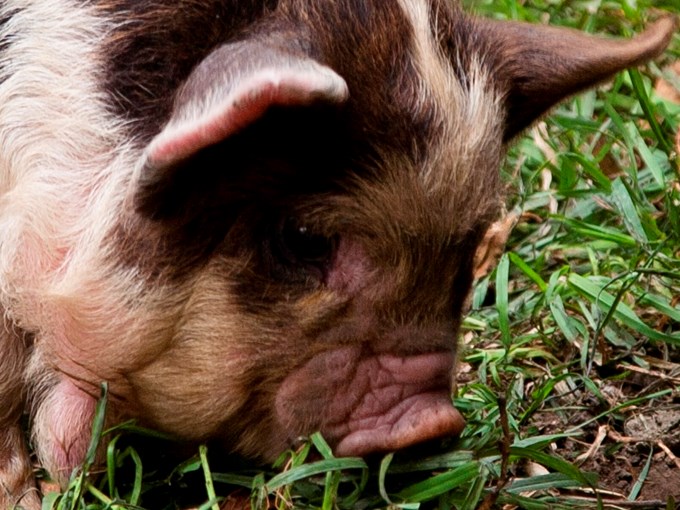A warning about the destructiveness of feral pigs has been issued, due to the damage the animals cause to Auckland’s native vegetation and wildlife, as well as potentially carrying diseases.
Auckland Council is currently looking into reports of feral pigs in the Hunua Ranges. Feral pigs are declared pests in the Auckland region. It is an offence to release them into the wild, under the Auckland Regional Pest Management Strategy.
Senior Regional Biosecurity Advisor, Mark Mitchell, says feral pigs live in larger areas of native forest and in exotic plantations.
These animals are very destructive in native bush areas, rooting up the ground, eating the fruits, seeds, roots, stems or leaf bases of native plants, Mark says.
The pigs also take to native insects, snails, earthworms, frogs, lizards, and ground nesting birds and their eggs. Feral pigs can also adversely affect primary production, causing damage to fences, pastures and livestock.
"People don’t really know the potential impact feral pigs can have on Auckland’s unique ecological areas, such as the Hunuas," Mark says. "So when residents express concerns about feral pigs, we take it seriously and know they’re not telling porkies!
"Feral pigs are also known to be carriers of bovine tuberculosis and leptospirosis and thus could act as a vector of these diseases into the region. There is also the risk that feral pigs could help spread kauri dieback disease," Mark says.
"We take feral pig releases seriously and would like further information on any known releases in the region," Mark says.
Information on feral pig sightings can be sent to Biosecurity@aucklandcouncil.govt.nz. Auckland Council’s Regional Pest Management Strategy is currently undergoing a review, and a proposed Regional Pest Management Plan will be notified later in 2016, with the opportunity for the public to make submissions.
For more information, visit the Auckland Council's pest page.


